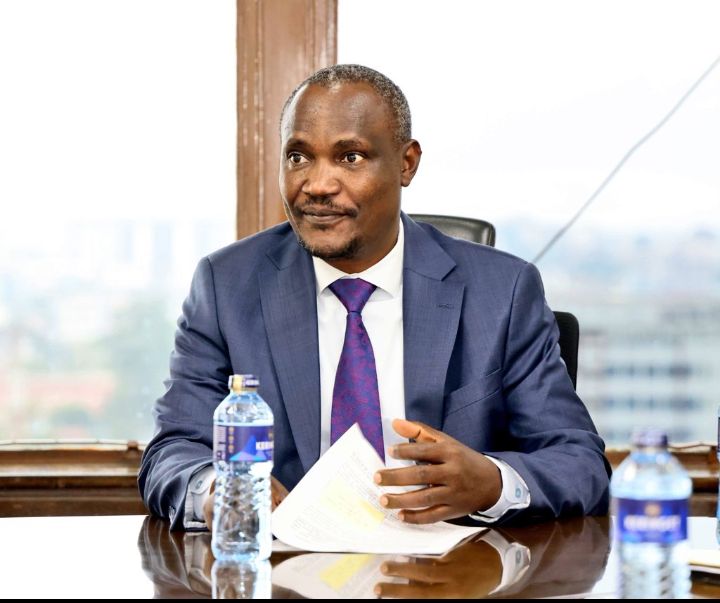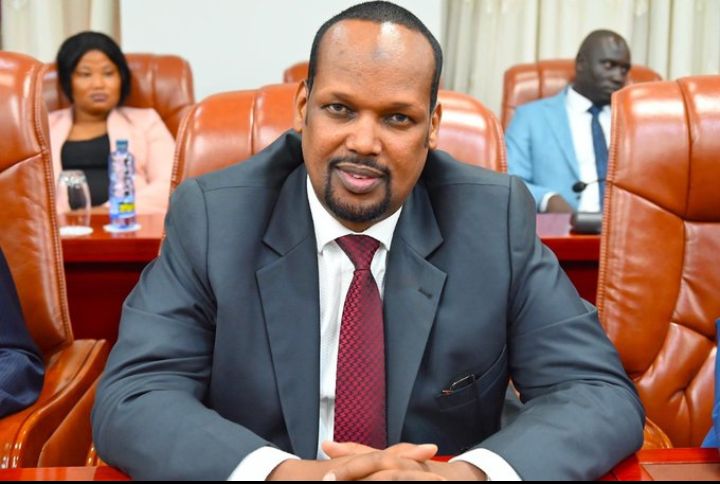
National Assembly and Senate Committee have today clashed over the equitable revenue share to devolved units for the current financial year as the counties face a looming cash crunch
This is after the National Assembly passed the Division of Revenue Bill 2024, approving a revenue share of Sh380 billion, aligning with the National Treasury’s proposal after the removal of the Finance Bill 2024.
The withdrawal angered Senators and have been demanding the revenue allocation to counties be capped at Sh400 billion with an iota of reducation, they argue that counties cannot operate effectively with any shortfall.
Despite the senators’ stance, the National Treasury insists it lacks the fiscal space to meet the Sh400 billion demand due to revenue shortfalls and increased debt servicing expenses.
While appearing before the Senate Finance and Budget Committee, Cabinet Secretary for Treasury John Mbadi maintained that the initial Sh400 billion allocation before withdrawal, based on an anticipated revenue of Sh2.9 trillion, which has since been revised downwards to Sh2.6 trillion due to falling revenue base.
“We believe this is in line with the Constitution, which calls for stable and predictable revenue allocations to counties,
The proposed Sh380 billion for this financial year is just one per cent lower than the Sh385.4 billion allocated last year,” Mbadi told the committee.
Senators have fiercely opposed the Sh20 billion cut, highlighting that essential programs tied to non-discretionary expenditures — totalling Sh39.9 billion and linked to national government projects — will be severely affected.
YOU ALSO MISSED: https://safinews.co.ke/senators-wants-ng-cdf-scrapped-completely/
Senate Finance Committee Chair Ali Roba cited government initiatives like the housing levy, county health worker employment, the leasing of medical equipment, and National Social Security Fund deductions as some of the key programs at risk.
“The Cabinet Secretary must understand that these non-discretionary funds, outside the control of the national government, are crucial. The legislation passed by Parliament and national government projections must be respected,” Roba said.
Senate Majority Whip Bonnie Khalwale further escalated the debate, calling for the abolition of the Prime Cabinet Secretary’s office and the elimination of various political, security, and economic advisor roles, which he deemed them unnecessary expenses.
“It’s in your hands to cut costs in hospitality and eliminate unconstitutional offices. Why are we funding offices like the Prime Cabinet Secretary and others for spouses? Cut these expenses and divert the funds to where they are needed,” Khalwale argued.
In response, CS Mbadi urged national and county governments to reduce wasteful expenditures, particularly in recurrent spending, such as salaries, allowances, and maintenance costs.
“I disagree with the notion that we have sufficient funds. To meet our expenditure needs, both levels of government must cut unnecessary costs, increase revenue collection, and eliminate wastage,” Mbadi remarked.


**aqua sculpt**
aquasculpt is a premium metabolism-support supplement thoughtfully developed to help promote efficient fat utilization and steadier daily energy.
**men balance pro**
MEN Balance Pro is a high-quality dietary supplement developed with research-informed support to help men maintain healthy prostate function.